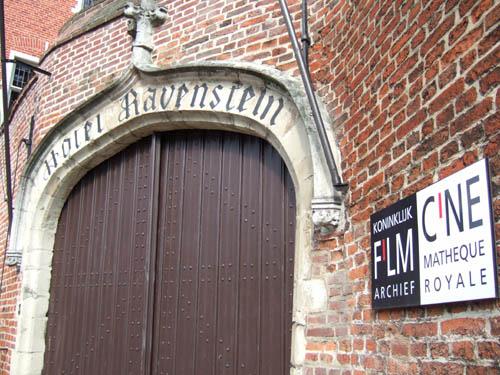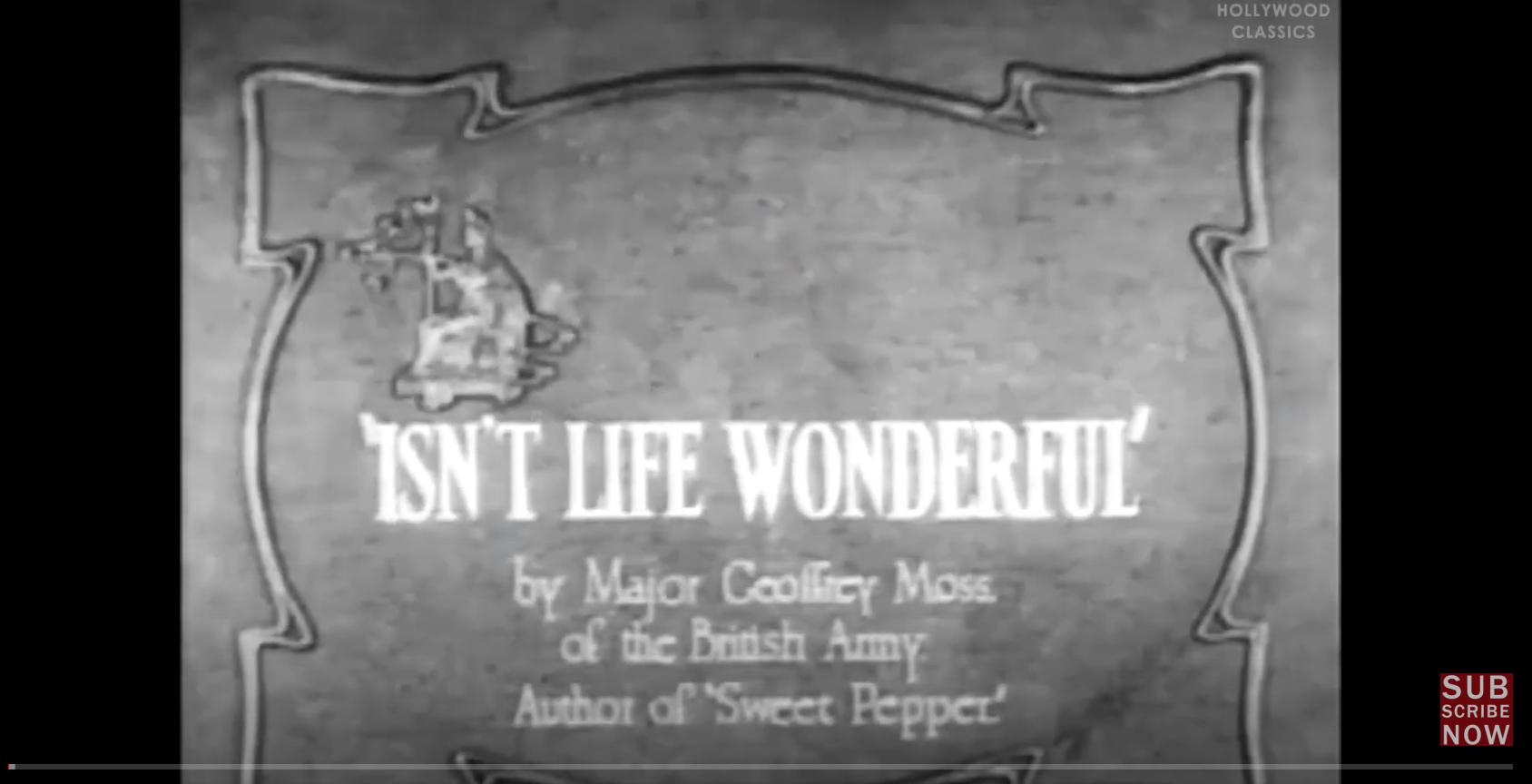A silent movie cinema thrives in Brussels
On a recent Saturday evening, an audience ranging from teenagers to the retired, gathered at the film institute in Brussels, Belgium, to watch “Isn’t Life Wonderful,” a 1924 movie by the American director D.W. Griffith.
It’s one of Griffith’s lesser-known works telling the story of a couple of Polish refugees who fall in love despite the hardships they face in Germany following World War I.
“We have an amazing collection of silent films in the Cinematek,” said Christophe Piette, who chooses which films to screen.
For most of the world, silent films died out in the 1930s. But in Brussels, the Cinematek — the only remaining cinema in the world with a regular schedule of silent films (along with live piano accompaniment) — is thriving.
“It is a museum, like, you could say; Paris has the Louvre Museum. It’s a bit pretentious for me to say that, because I’m working here, but it is really the case — it’s a really unique collection in the world.”
Piette said that around 80% of silent movies have been lost forever — at the time they were being made, the industry just wasn’t very interested in preserving its output. But Piette’s predecessors tasked themselves with collecting every single silent film that remained. Now, the cinematheque has about 10,000 such movies.
“[The Cinematek] really wanted to share it with the audience and with younger people who are used to younger films — to recent films — and to show them where cinema was coming from. It is our mission, we have a historical mission to show the whole of film history.”
The silent film program has been going since the 1980s, and Piette said it’s as popular as ever. But he complained about a lack of funding from the Belgian government, especially given the program’s unique status and the broad audience it attracts.
Lucas Vienne is 17 years old. He comes to the Cinematek most days and was in the audience for “Isn’t Life Wonderful.”
“I started to come here to see very popular movies, ‘The Shining’ and stuff like that,” he said. “But then, I started to check out films I’d never heard of.”
Now, Vienne said that he doesn’t see much difference between silent films and more recent movies — for him, it’s all cinema.
“I’m also interested in the history of cinema — so, coming back to silent film, it’s interesting to see how film evolved.”

For the price of a ticket, audiences not only get to see a movie — they also get a live concert.
Hughes Marachel is one of a roster of pianists who accompany every single film. He’s 59 and has been working at the Cinematek part-time for more than three decades.
Marachel is a professional performer and composer. But when he’s playing there, his main aim is to blend into the background.
“You are not to be the star,” he said. “The star is the movie. The best compliment you can make to a silent movie pianist is: ‘Wow, I forgot you were there.’”
Often, pianists are seeing the film for the first time, and everything they play is entirely improvised.
“You just let the picture on the screen, the movie, impress you, and the impression comes in your body and in your fingers. And you play.”
Marachel said that interest in the screenings dipped when film on demand became widely available at home. Now, the movies are picking up again as audiences seek out something different.
“Now, they say, ‘Oh, no, I want a new experience. I want an experience with live music. I want an experience with the big screen.’ Yes, for young people, it’s very interesting.”
Many of the films he accompanies are a hundred years old — if not more. But the Cinematek hopes it’ll still be attracting an audience a hundred years into the future.
The story you just read is accessible and free to all because thousands of listeners and readers contribute to our nonprofit newsroom. We go deep to bring you the human-centered international reporting that you know you can trust. To do this work and to do it well, we rely on the support of our listeners. If you appreciated our coverage this year, if there was a story that made you pause or a song that moved you, would you consider making a gift to sustain our work through 2024 and beyond?
